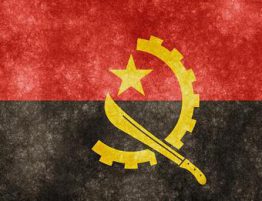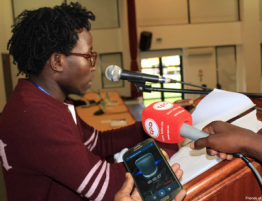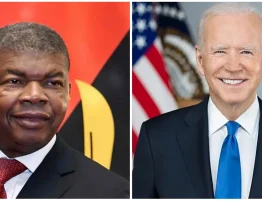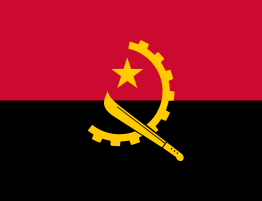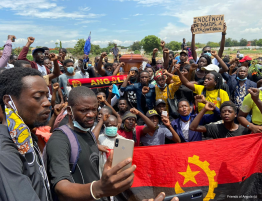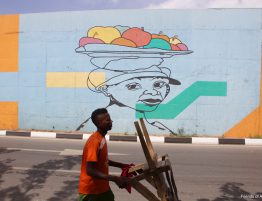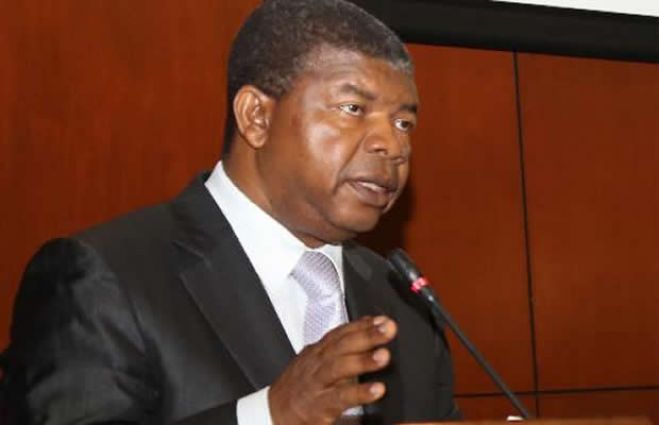
By Bloomberg
Angola will set a moratorium in January to allow citizens with money abroad to repatriate their funds, as the oil-producing country struggles to ease an acute dollar shortage that began soon after oil prices dropped in 2014.
“Angolans who repatriate overseas funds and invest in the economy, companies that generate goods, services and jobs won’t be harassed,” President Joao Lourenco said Wednesday in the capital, Luanda. “No questions will be asked about why their money was abroad and they won’t face legal prosecution.”
The Angolan economy, sub-Saharan Africa’s third-largest, has been crippled by oil prices that have halved since mid-2014, causing zero growth last year, soaring inflation and a shortage of dollars needed to import products.
Lourenco, who took over as president in September after the 38-year rule of Jose Eduardo dos Santos, has promised to fight corruption in a country where his predecessor’s family has amassed great fortunes. He fired Dos Santos’s eldest daughter, Isabel, last month from her position as chairwoman of the state-owned oil company Sonangol.
Once the grace period to repatriate funds is over, the government will consider money in foreign accounts to belong to Angola and work with authorities abroad to bring the money back, Lourenco said.
“We want Angolans who have fortunes abroad to be the first to invest in the country, thus demonstrating that they are true patriots,” he said. “One must not confuse the fight against corruption with the persecution of the rich or wealthy families.”
The measure is similar to a decree issued last month by Zimbabwean President Emmerson Mnangagwa, who ordered anyone who had illegally moved cash and assets out of the country to return them within three months or face arrest.

